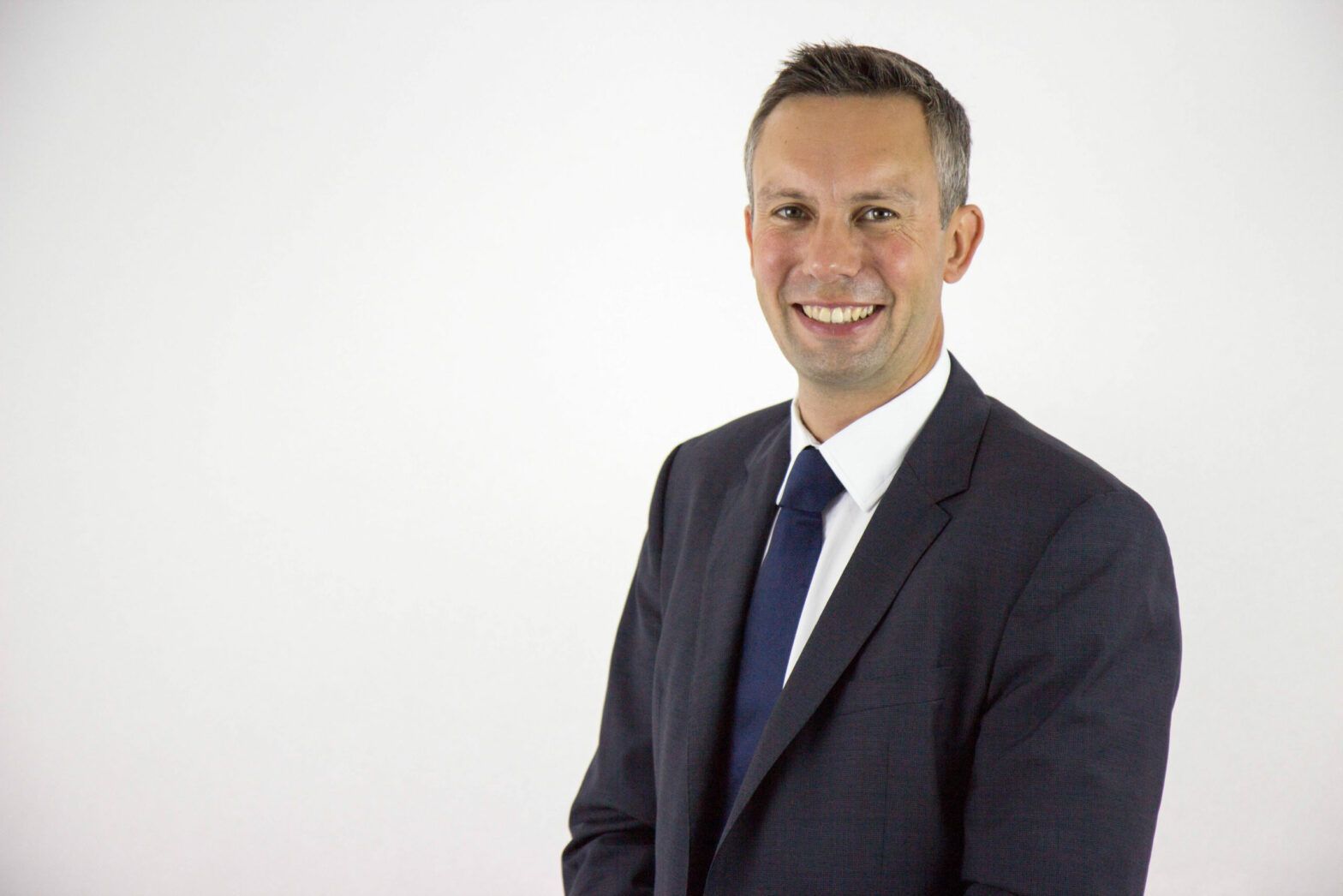The reliance of the UK stock market on income streams from carbon-intensive industries is waning, with corporates innovating to tackle sustainability challenges and dividends being found outside the more traditional names, according to River & Mercantile’s Dan Hanbury.
The manager of the ES R&M UK Equity Income Fund exclusively told ESG Clarity the UK stock market’s income stream is evolving, and UK income investors do not have to buy the “big polluters” any more in order to generate dividend income and growth.
“There are so many options in the UK for income, outside of the traditional names”, he said.
“Whether it be energy, pharmaceuticals or industrials, for example, there are businesses which are either changing how they work, focusing on more sustainable future income streams, or already tackling sustainability challenges.
“Portfolios can be built to sustain a much greener future.”
Hanbury added there are lots of companies in the R&M portfolio now transitioning to more sustainable business models with a number of these being among the top 10 holdings.
Top 10 holdings
| Holding | Weight (%) |
| Unilever 4.3 | 4.3 |
| Diageo | 4.0 |
| Tesco 3.9 | 3.9 |
| Smart Metering Systems 3.7 | 3.7 |
| Diversified Gas & Oil 3.1 | 3.1 |
| Supermarket Income REIT 2.7 | 2.7 |
| GlaxoSmithKline 2.7 | 2.7 |
| MaxCyte 2.2 | 2.2 |
| HSBC Holdings 2.1 | 2.1 |
| Royal Dutch Shell ‘B’ 2.0 | 2.0 |
The fund has a 3.7% position, as at 31 December 2020, in Smart Metering Systems, the smart meter installer and operator, which Hanbury described as mission critical when it comes to the UK’s efforts to reduce its carbon emissions.
“[Smart meters are] helping to control how and when we use power in our homes,” he said.
See also: – Can dividends from renewables help income starved investors?
Supermarkets, he said, are another maybe less obvious option. The Supermarket Income REIT, for example, buys sites and leases them back to supermarkets, but crucially, they enhance the sites they buy.
“Some 4% of electricity use in the UK is used to power supermarket refrigeration, and the Supermarket Income REIT helps these large multi-channel stores tackle the challenge by working with their tenants to ensure more and more of this power is generated by low or zero carbon sources.”
The fund has a 2.7% position in the Supermarket Income REIT.
Furthermore, the portfolio has a high conviction position in Strix, a global manufacturer of kettle safety switches helping to make them as efficient and as safe as possible.
Hanbury explained: “They are recycling cash flow and innovating within water filtration markets. Filtered water means less energy requirement in water treatment, not to mention fewer plastic bottles being consumed.”
In pharma, the manager said companies have been forced into the limelight amid the Covid-19 pandemic and highlighted technology platforms, such as MaxCyte that supply ‘Big Pharma’, make for sustainable growth options to augment income funds, without the pricing and regulatory risk of Big Pharma themselves.
Meanwhile, energy companies have been traditionally regarded as the “big polluters” with their reliance on fossil fuels and extensive carbon footprint. However, several companies have recently been reconsidering their role in the sustainable future and made adjustments to business models with Hanbury pointing to Diversified Gas and Oil as a good example of this. The fund holds 3.1% in this company.
“This company is consolidating the North American conventional gas market where they improve the efficiency of the wells, and with gas being the cleanest form of fossil fuel energy (critical to powering the economy through the transition period to more sustainable sources), it is one such name we are happy to own in place of oil exploration companies,” he said.
Overall, the fund avoided where possible investing in UK oil majors as Hanbury questions their unsustainable models which will increasingly have a shrinking role to play over time unless they innovate and change how they operate.
See also: – Where next for the oil sector?
“There are names where we have concerns about how they allocate capital going forward, against a backdrop of reaching net zero emissions in the next 30 years,” he said.
“For example, we have very little exposure to the UK’s oil majors. Although their transformation intentions are impressive, on anything other than a short-term view, these businesses still face real challenges, and ones which it is far from clear they can overcome,” he said. “Stranded assets, a track record of poor capital allocation and divestment by investors, are all material risks which threaten their business models and future dividends”.
Instead, he is analysing companies’ progress on their sustainability goals and looking for better disclosure in this area to unearth companies that will stand the sustainability test of time.
See also: – Join us in calling for a Just Transition from energy companies
“Clearly, flows will wax and wane to these sectors over the next few years, and it would be naïve to assume otherwise, but the point – more than ever before – needs to be made. UK income investors do not have to buy the big polluters any more in order to generate dividend income and growth.”
Challenges
He does, however, share a warning with investors around overpaying for growth in crowded stocks and sharing the concern there could be concentration in sustainable names, purely because they score highly on ESG.
“When a large amount of capital floods into a particular area of the market, despite the best intentions of asset owners and indeed asset managers, there is always the risk that too much money chasing too few opportunities, creates overvalued shares and ultimately the risk of both capital write-offs and capital losses. However, we believe that despite this risk there will be lots of opportunity for active managers to gain exposure to businesses becoming more sustainable which are still undervalued.”
He also adds moving into a higher inflation era over the next few years may cause some reassessment of these positions.
“We shall want to have exposure to the very resource stocks and hard assets some are currently seeking to eschew.
“Targeting zero emissions in a zero-interest rate environment will require extraordinary people and innovation within the companies we invest in. As investors, delivering consistently strong risk- adjusted returns with a positive impact, against this backdrop, is also going to be challenging. A diversified and systematic investment process for building portfolios of stocks with sustainably strong fundamentals is a first step in contributing to meeting these challenges we all face.”








